
I’ve been an avid Oscar-watcher for around 30 years now and I’m well aware of the criticisms. I know it is basically a glitzy popularity contest which crowds out smaller (and often better) independent films. I understand the odds are usually stacked in favour of the big guns thanks to expensive award campaigns, and that the Academy voters have a long-standing knack for getting it wrong. But as soon as those nominations drop after Christmas each year, I still can’t resist all the hoopla.
Every year, many great movies, directors and performances miss out on nominations and these snubs have increasingly dominated the Oscar narrative over the past decade or so. Maybe it’s a social media thing. Everyone loves a bit of outrage and it is perhaps easier to get angry on Twitter about someone missing out than to say something nice about the artists who actually receive the nods.
2024’s nominations prompted some of the most vociferous reactions that I can remember due to Greta Gerwig and Margot Robbie missing out on Best Director and Best Actress respectively for Barbie. I’m not going to get into that argument too much, but for me it highlights the fundamental ridiculousness of the whole “snubbed” conversation. There are only a limited number of slots in each category and not every deserving artist can be included. As it happens, they lost out in a year when some very strong contenders got the nod instead.
All that said, some snubs certainly stand out more than others, so let’s take a look back at some of the greatest (or worst) in Oscar history.
Orson Welles
At the age of 25, Orson Welles moved on from his successful theatre and radio career to try his hand at movies. Given the keys to the Hollywood kingdom for his debut, he went ahead and made Citizen Kane, one of the greatest films of all time. You don’t need me to tell you that it’s a towering achievement that has had a massive influence on cinema ever since, and dominated the Sight & Sound poll for 40 years before Vertigo knocked it from the top spot. Its place in popular culture is immense, even receiving its own dedicated episode of The Simpsons.

Yet at the 14th Academy Awards in 1942, Citizen Kane was not only snubbed, it was actively booed by parts of the audience. Nominated for nine Oscars including Outstanding Motion Picture, it lost out to John Ford’s ponderous How Green Was My Valley, for which Ford also won Best Director over Welles. The young maverick was also beaten to Best Actor by Gary Cooper in Sergeant York and had to console himself with a solitary award for Best Original Screenplay, which he contentiously shared with Herman J. Mankiewicz. The latter was generally thought to be the true author of the screenplay.
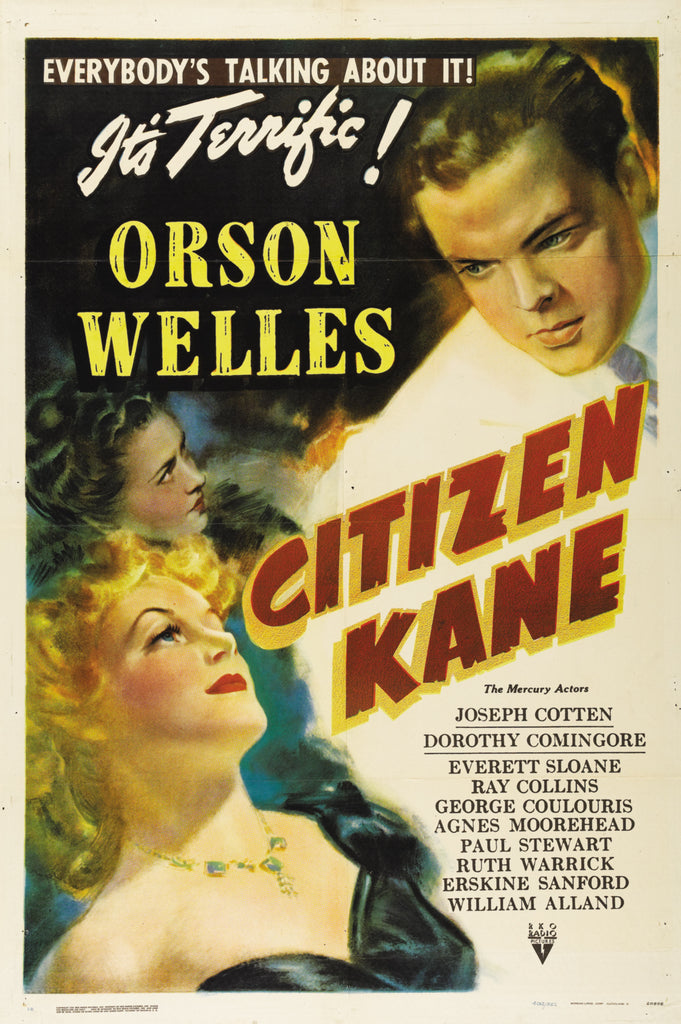
Why did Citizen Kane fail so hard? That many Hollywood insiders were jealous of Welles’ youth and innate talent almost certainly played a part, but the main reason was that the film was a thinly-veiled biopic of media magnate William Randolph Hearst.
Heart was angered by the portrayal and Welles had made a powerful enemy. The mogul banned any mention of the film in his newspapers, and theatre managers shied away from screening it for fear of libel lawsuits. Heart’s campaign against Kane took its toll at the box office, where it was a considerable flop at the time. Hearst’s influence extended to Oscar night, resulting in the hostile reaction from some members of the audience and (probably) tainting the vote against Welles’s masterpiece.
Within a few years, Welles had lost creative control over his studio pictures and developed a reputation as a troublemaker, resulting in the auteur taking a long period of self-exile in Europe. Despite going on to make classic films such as The Magnificent Ambersons, Touch of Evil, The Trial, Chimes at Midnight, and F for Fake, Welles never received another Oscar nomination. He was given an honorary award in 1970 but didn’t attend, delivering his acceptance speech via a recorded message.
Alfred Hitchcock
In a career spanning over six decades, Alfred Hitchcock directed over 50 films. During his stateside golden period from the mid-1930s to the early 1960s, he made some of his most accomplished pictures: Shadow of a Doubt, Rear Window, Notorious, North by Northwest, Psycho, The Birds, plus many more. In 1958, he also directed his crowning glory, Vertigo, which briefly topped the Sight & Sound Top 250 before losing out again to a Belgian film nobody has ever heard of or watched.
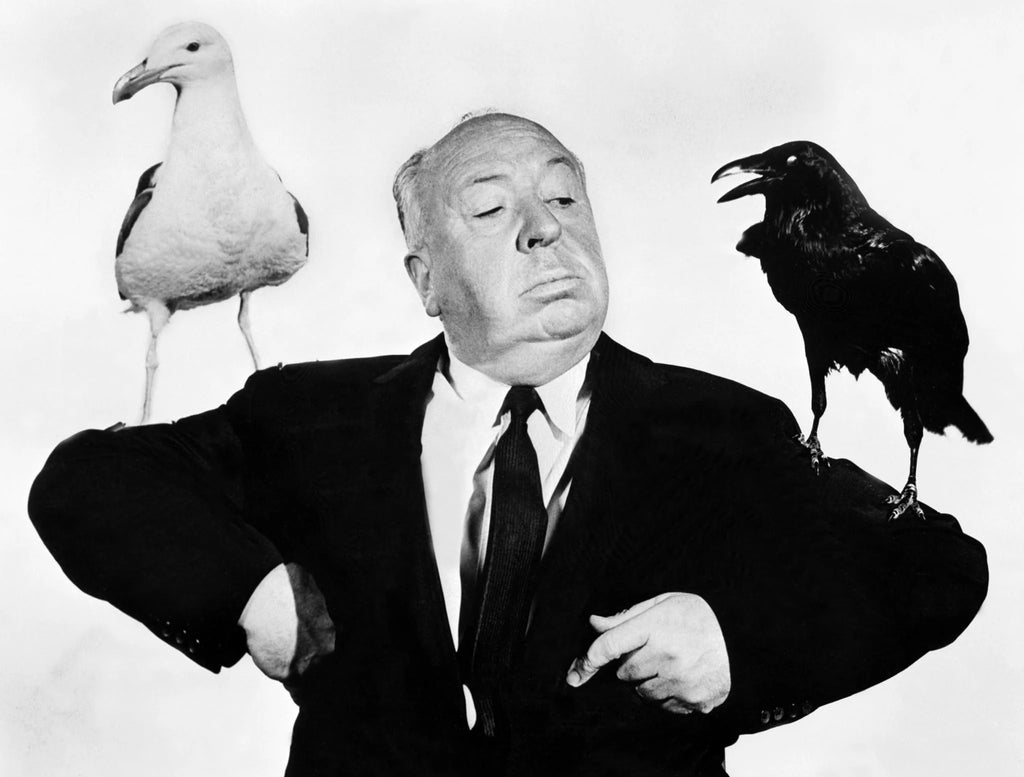
Hitchcock was a polished filmmaker who carefully curated his Master of Suspense persona, notoriously using some of his best films to work through his kinks and fetishes, particularly in his treatment of “icy blonde” characters.
Perhaps it was all a bit too much for the Academy, who saw their way to nominating Hitchcock on five separate occasions (Rebecca, Lifeboat, Spellbound, Rear Window, Psycho) but overlooked him in favour of other directors on each occasion. Glaringly, Vertigo was not nominated for Best Picture, Director, Screenplay, or any of the acting categories, only receiving nods for Art Direction and Sound - which, of course, it didn’t win.
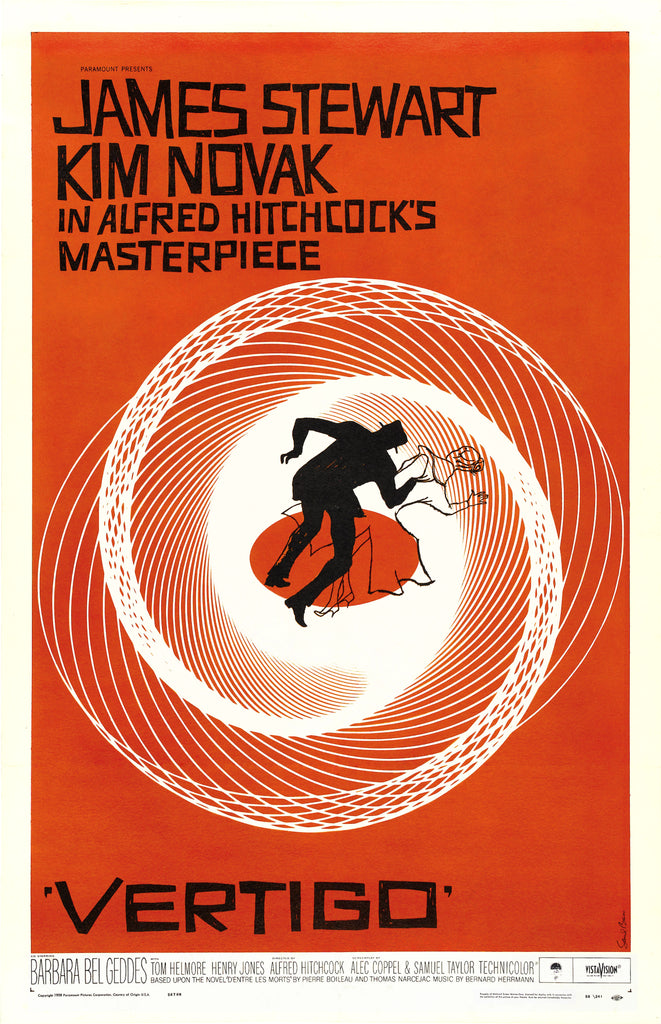
In 1968, Hitchcock was awarded the Irving G. Thalberg Memorial Award (significantly a bronze gong rather than gold) at the Oscars for his contribution to cinema. Entering to his signature tune “Funeral March of a Marionette,” he accepted the consolation prize with a curt “Thank you… very much indeed” before walking off stage again.
Stanley Kubrick
Another popular auteur repeatedly snubbed by the Academy was Stanley Kubrick, who amassed 13 nominations over the course of his singular career. Of those, he only won one, for Best Special Visual Effects in 2001: A Space Odyssey as director of the special effects unit.
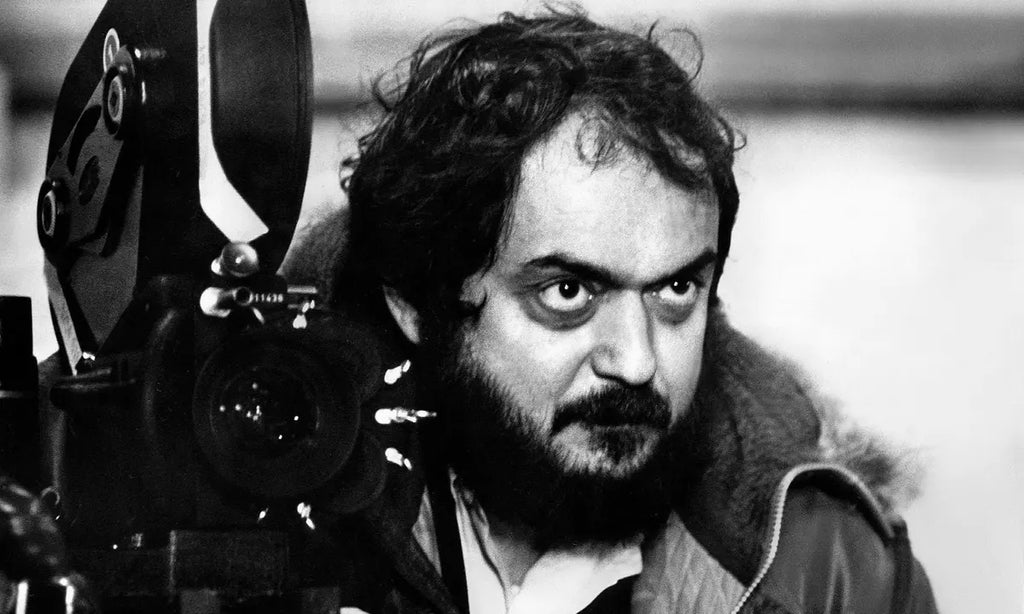
There was no real shame in losing out on three personal awards with Barry Lyndon (Best Picture, Director, Adapted Screenplay) to One Flew Over the Cuckoo’s Nest, but elsewhere there were some genuinely bad oversights on the Academy’s part. Dr. Strangelove (Picture, Director, Adapted Screenplay) was vanquished by three hours of Audrey Hepburn shrieking in My Fair Lady. Worse still, Kubrick’s visionary masterpiece 2001: A Space Odyssey (Picture, Director, Special Visual Effects) was overlooked in favour of Carol Reed’s entertaining but hardly groundbreaking Oliver!

It is easy to surmise that these regular snubs for Kubrick were because his films were simply too challenging for Academy voters, who are traditionally around 10 years behind current trends. Rock Hudson famously walked out of the premiere of 2001 muttering, “Will someone tell me what the hell this is about?”
Similarly, William Friedkin’s The French Connection was pretty gritty for its time but it certainly wasn’t as edgy as A Clockwork Orange, depriving Kubrick of three more potential gongs: Best Picture, Director, and Adapted Screenplay. Sadly, the Academy didn’t find time to offer him a consolation prize like Hitchcock before he passed away in 1999.
Apocalypse Now & All That Jazz
The 52nd Academy Awards in 1979 was the scene of another crime. It was the year that Robert Benton’s plodding divorce drama, Kramer vs Kramer, took home four of the “Big Five” Oscars: Best Picture, Best Director, Best Actor (Dustin Hoffman) and Best Adapted Screenplay.
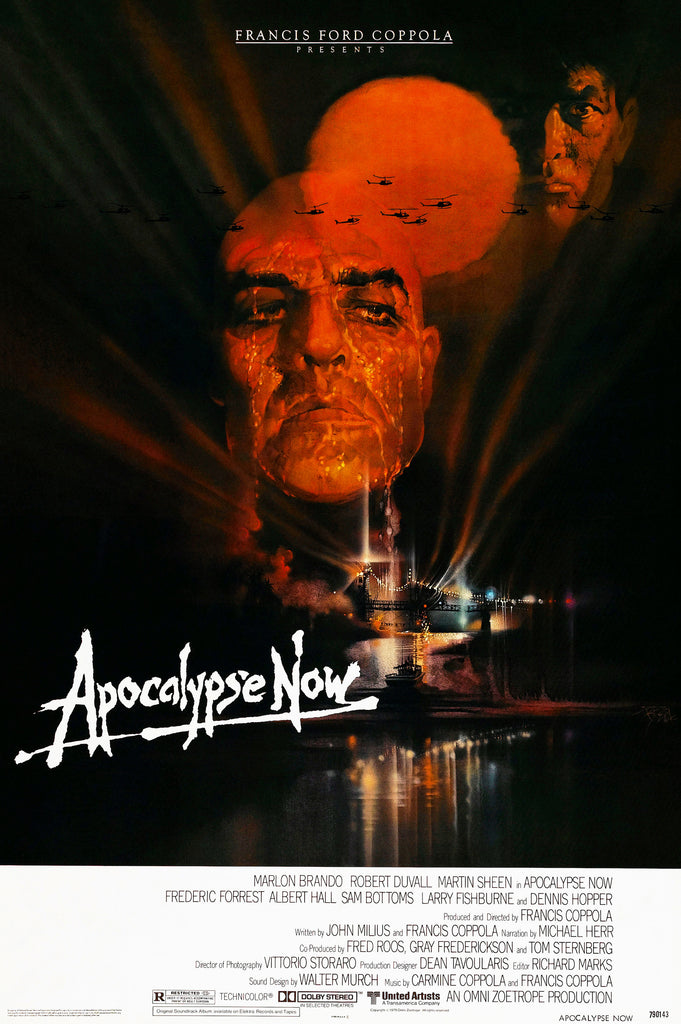
That might be forgiven in an average year, but in all cases it beat two truly outstanding films to the gongs. As a result, Francis Ford Coppola’s Apocalypse Now had to make do with two technical awards for Cinematography and Sound.
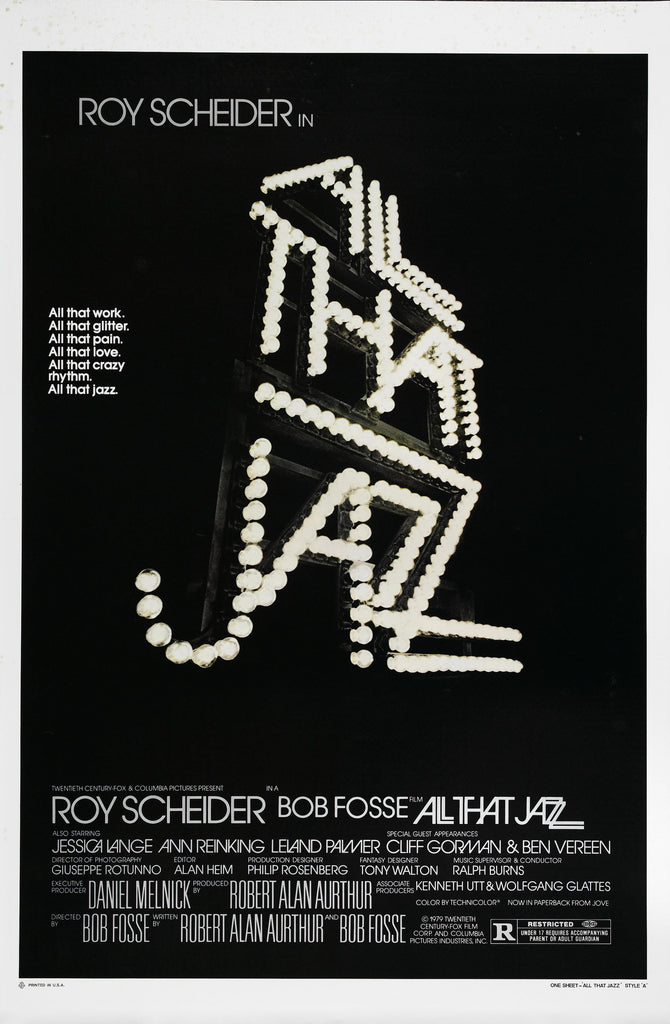
Bob Fosse’s scathing quasi-autobiographical All That Jazz fared a little better, taking home Art Direction, Costume Design, Film Editing, and Original Song Score. Most egregiously, Roy Scheider lost out to Hoffman for Best Actor despite giving the performance of his career as the driven, alcoholic, womanising, and self-destructive choreographer Joe Gideon.
Martin Scorsese
Scorsese is the most-nominated living director of all time with ten nods to his name, and he has also helmed ten Best Picture nominees during his glittering career. That’s a lot of nominations but it hasn’t translated to many little golden fellas on his mantelpiece, with only The Departed winning him Best Picture and Best Director. His remake of Infernal Affairs is a decent enough movie but hardly his finest achievement; those awards felt like one of those occasions when the Academy are clearly making up for previous oversights.
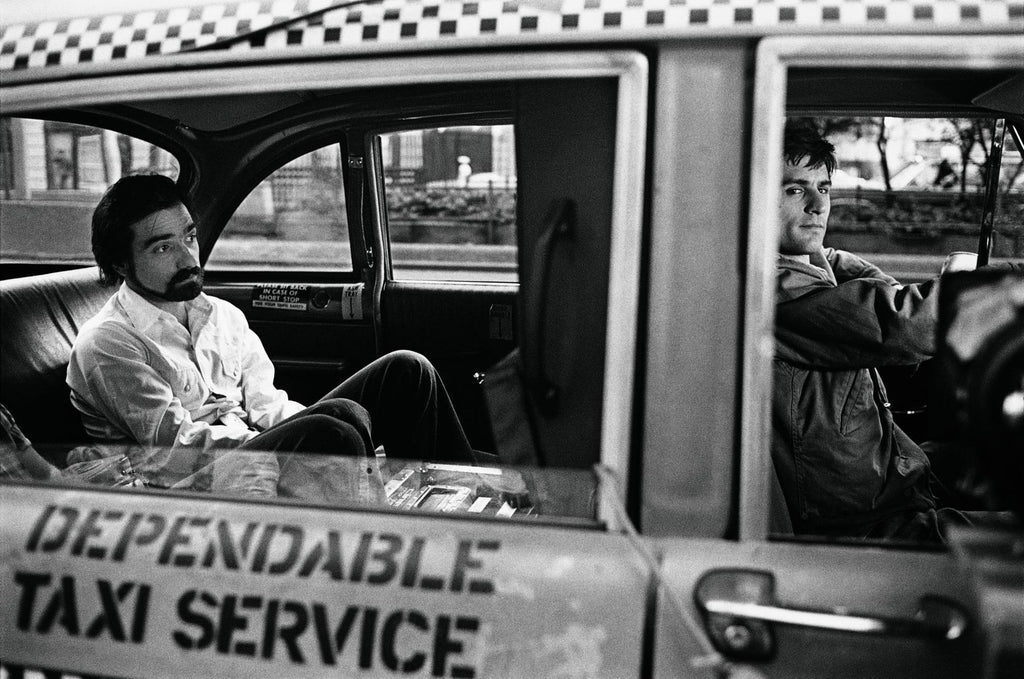
There have been quite a few, as some of Scorsese’s best films were beaten by softer options. Taxi Driver lost out to Rocky, which is a good movie but nowhere near the same level. Similarly, Goodfellas was snubbed in favour of Kevin Costner’s epic vanity project, Dances with Wolves. Worst of all, Raging Bull lost out to Robert Redford’s Ordinary People, a film that nobody has seen since it won the top prize in 1981.
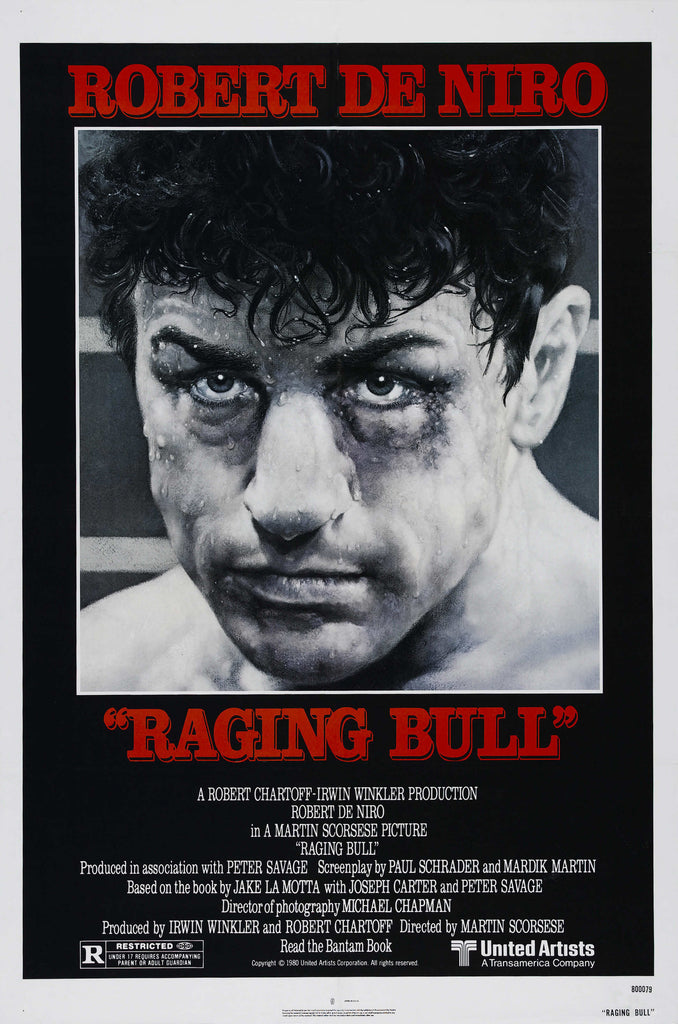
Will Scorsese add to his collection of Oscars? Sadly, it is unlikely he will get that many more chances at the age of 81, and I wouldn’t place too many bets on Killers of the Flower Moon bucking the trend this year.
The Killing Fields
Now don’t get me wrong, Milos Forman’s Amadeus is a terrific movie. It’s a feast for the eyes, the performances are wonderful, and the tunes aren’t bad either. It has also done more to popularise classical music than perhaps any other film in the past 50 years, with its soundtrack album selling over 6.5 million copies. But did it really deserve to win Best Picture over Roland Joffé’s The Killing Fields?
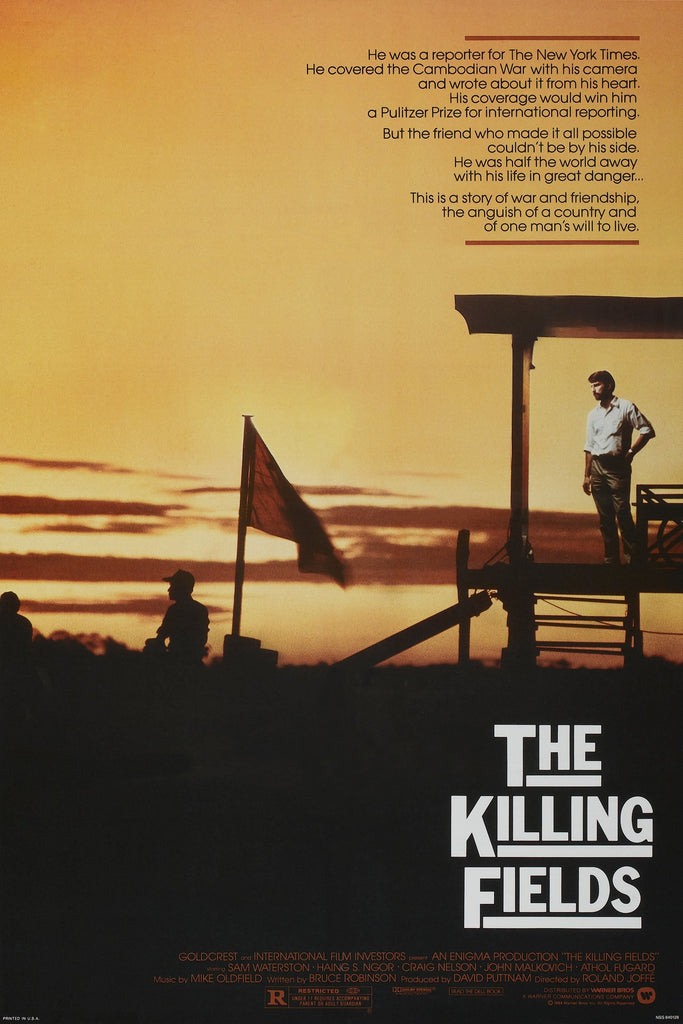
Joffé’s film is an absorbing and clear-eyed portrait of a conflict that was all but unheard of in the West, charting the chaos and genocide that befell Cambodia under the Khmer Rouge after the United States abandoned their allies in 1975. As a consequence, the country’s citizens were left to fend for themselves as the brutal new regime forced them into slave labour and murdered around two million of their own people.
It’s an important story that needed telling and what is so impressive is the grown-up, journalistic approach Joffé uses to document the unfolding atrocities, perhaps reflecting the profession of its American protagonist, New York Times writer Sydney Schanberg (Sam Waterston). The film loses a few points for concluding with the over-familiar “Imagine” by John Lennon, but that doesn’t justify Joffé also losing out on Best Director to Forman. At least Haing S Ngor, the Cambodian doctor who survived the labour camps in real life, was awarded Best Actor for his astonishing turn as Schanberg’s guide, Dith Pran.
Do the Right Thing
The 62nd Academy Awards in 1990 is often held up as a prime example of all that is wrong with the Oscars. It was the year that Driving Miss Daisy, Bruce Beresford’s twee tale of racism in the Deep South, won Best Picture in a strong category including Born on the Fourth of July, My Left Foot, Field of Dreams, and Dead Poets Society. In a 2015 recount conducted by the Hollywood Reporter, many members of the Academy said they would switch their vote to My Left Foot if given another chance.
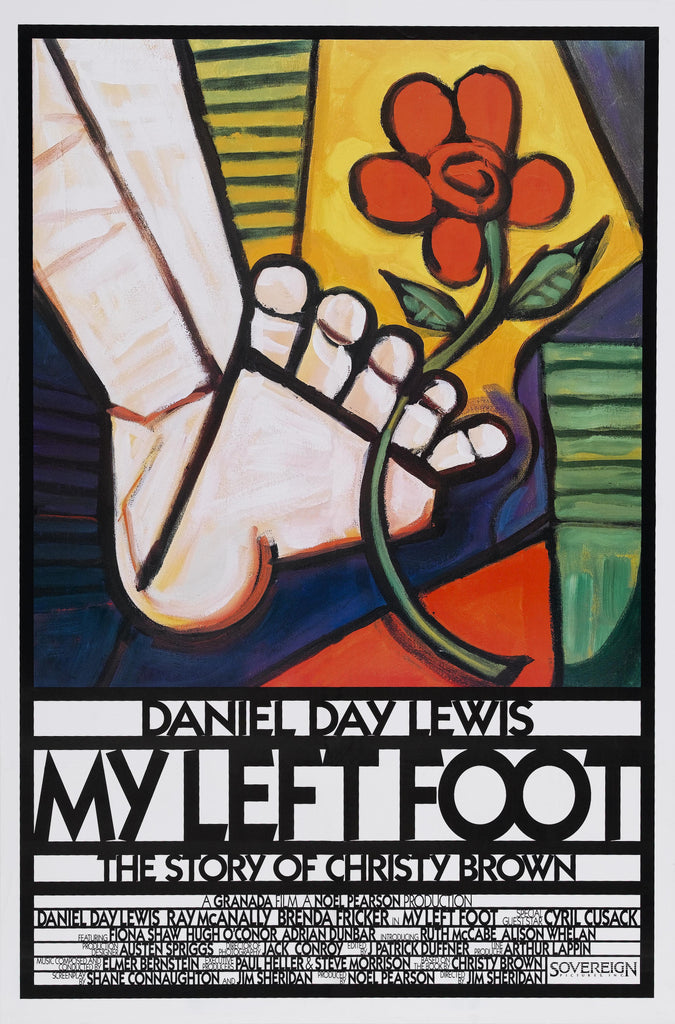
The main snub, however, was the complete absence of Spike Lee’s scorching masterpiece, Do the Right Thing. Not only is it a far better film than Driving Miss Daisy, it was also a more revealing and relevant insight into race relations in the United States at the time. Perhaps it was simply too incendiary for the risk-averse Academy voters, perhaps swayed by controversial critics saying it had the potential to spark riots among black audiences. The film had to make do with nominations for Best Supporting Actor (Danny Aiello) and Best Original Screenplay (Lee).
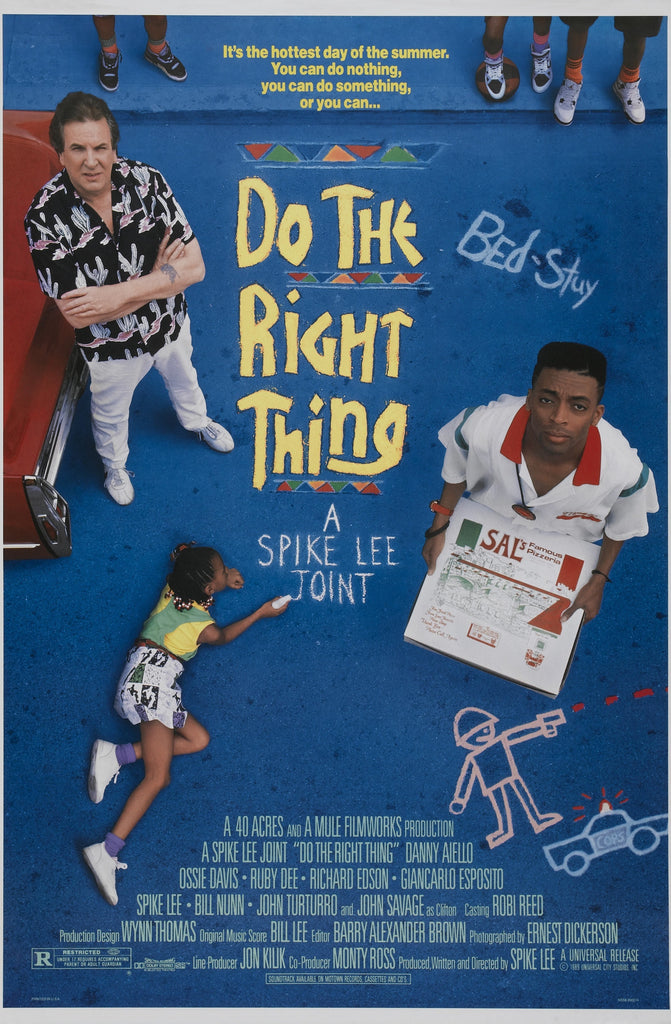
Lightning struck twice 29 years later when Peter Farrelly’s Green Book, another lightweight movie about a black person and a white person driving around in a car, won Best Picture over Spike Lee’s Trump-bashing BlacKkKlansman. At least Lee’s movie got the top nod this time to go with five other nominations including Best Director.
Paul Thomas Anderson
Paul Thomas Anderson has built himself a reputation as one of the most original and accomplished writers, producers, and directors of the past 25 years, but Oscar has yet to come calling. While he has at least the honour of receiving 11 nominations to date ( as producer, writer, and director) he and his films have frequently lost out to far inferior pictures.

His stylish calling card, Boogie Nights, was snubbed altogether in the Best Picture and Best Director categories in the year that Titanic swept the board. Magnolia struck out on the same awards two years later. Anderson was up for Best Picture and Director with There Will be Blood in 2009 when No Country For Old Men and the Coen Brothers took home the gongs - at least that was a strong film.
Less forgivable was the Academy giving Best Picture and Best Director to The Shape of Water and Guillermo del Toro in 2018. It was a sweet and touching movie but not a patch on PTA’s magnificently dark and twisted romantic comedy, Phantom Thread.
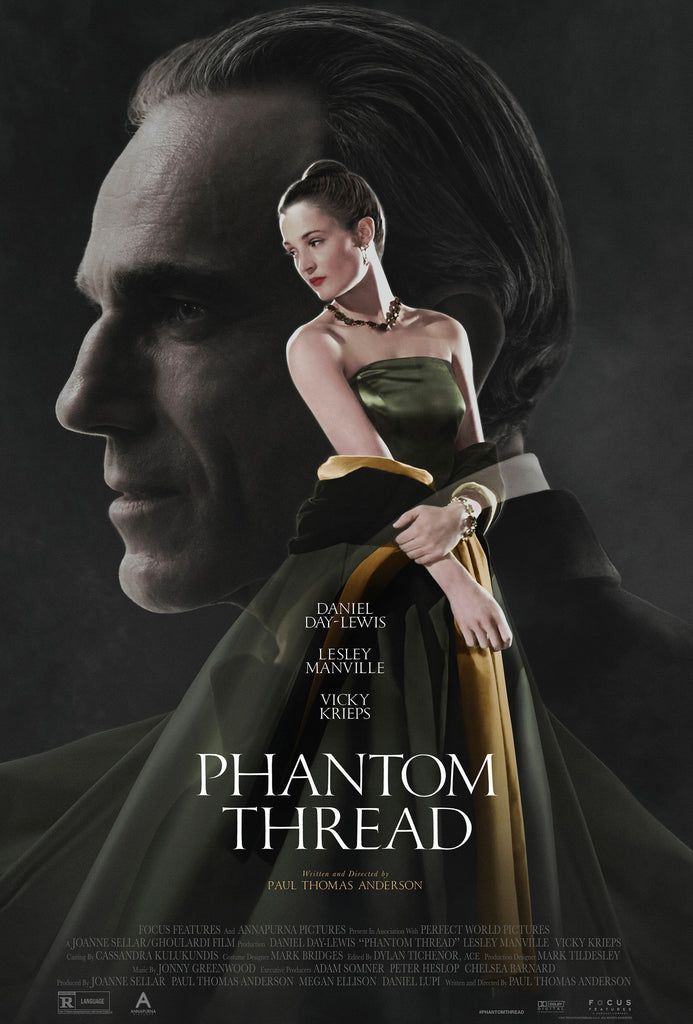
Perhaps Anderson’s work is just a little too singular for the Academy’s tastes at the present time. At this rate of progress, expect the director to receive an honorary award in about 25 years.
Amy Adams
Here is a snub that puts Margot Robbie’s recent omission for Best Actress in perspective. Robbie was totally fine as Barbie, but her performance wasn’t anywhere near as good as her previous Oscar-nominated turn in I, Tonya. At least she gets the nod for Best Picture as co-producer of one of the biggest and most important films of 2023.
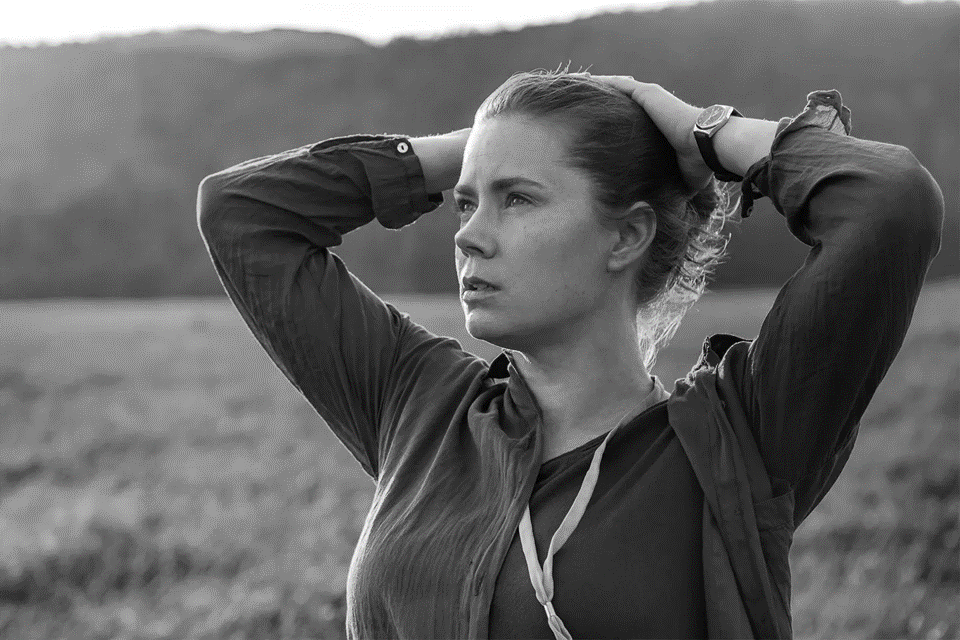
In contrast, Amy Adams’ subtle portrayal of a grieving linguist drafted to communicate with squid-like aliens in Denis Villeneuve’s Arrival is the emotional core of the film. The intelligent sci-fi drama might have secured Oscar eight nominations (all for men) including Best Picture, Best Director, and Best Adapted Screenplay, but the movie simply doesn’t work without Adams’s performance.
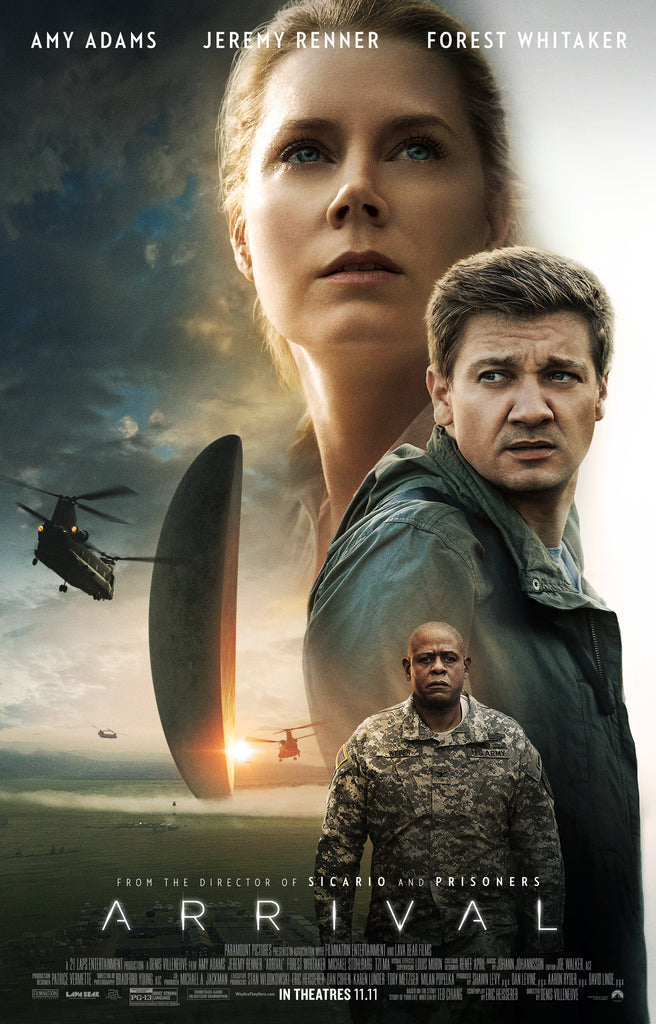
Yet she was curiously left forgotten in the Best Actress category, which was particularly offensive as Meryl Streep racked up an incredible 20th nomination for her hacky turn in Florence Foster Jenkins. Maybe Adams is just too subtle as a performer – she also lost the prize on six occasions that voters actually remembered to put her name on the ballot.
La La Land
Perhaps nowhere the entire history of the Academy Awards has there been a snub as embarrassing as the night of February 26th 2017. Damien Chazelle’s La La Land was the overwhelming favourite to sweep the board with a frankly ridiculous 14 nominations, tied with All About Eve for the most ever received by a single film.
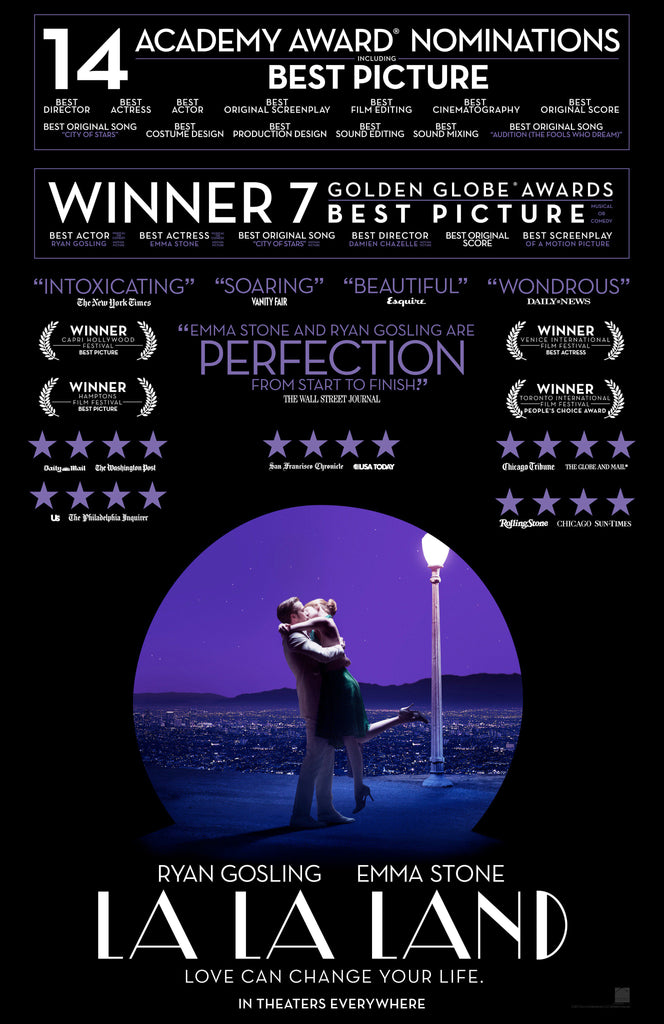
Yet there was a backlash against the musical in the weeks leading up to the final votes and I remember a distinct sense that Barry Jenkins’ Moonlight was gradually reeling in the runaway favourite. But who seriously expected it to snag the big prize on the night — especially in the way that it did?
What happened next was cringe-comedy gold. Faye Dunaway and Warren Beatty took to the stage to announce the Best Picture winner. Beatty removed the card from the envelope and looked befuddled. He checked it, checked it again, and called La La Land.
Chazelle and the gang filed onto the stage to receive the Oscar, toting all the other awards they’d won that night. Co-producer Jordan Horowitz began his acceptance speech, but something was wrong. Beatty was still doddering around behind him and there was much further checking of results.

To his credit, Horowitz was quick to correct the mistake as soon as it became clear there was a mix-up. He held up the card to prove that Moonlight was the real winner and graciously offered to hand over the prize to Jenkins’ team himself. Before a hook appeared from stage left to drag him off, Beatty quickly explained his blunder. But it was all over: Moonlight had (deservedly) won Best Picture, and the gaffe predictably sparked conspiracy theories about wokeness gone mad, etc.
…and two famous times when actors snubbed the Oscars
George C. Scott
In the ‘60s, George C. Scott received two Oscar nominations for Best Supporting Actor with his performances in Anatomy of a Murder and The Hustler, and probably should have received another for providing the comedic gum that held Dr Strangelove together beyond Peter Sellers’ three attention-grabbing performances. He declined the nomination for the second nomination, but that didn’t stop the Academy putting him up for the top acting prize at the 1971 Oscars for his towering portrayal of General George S. Patton.
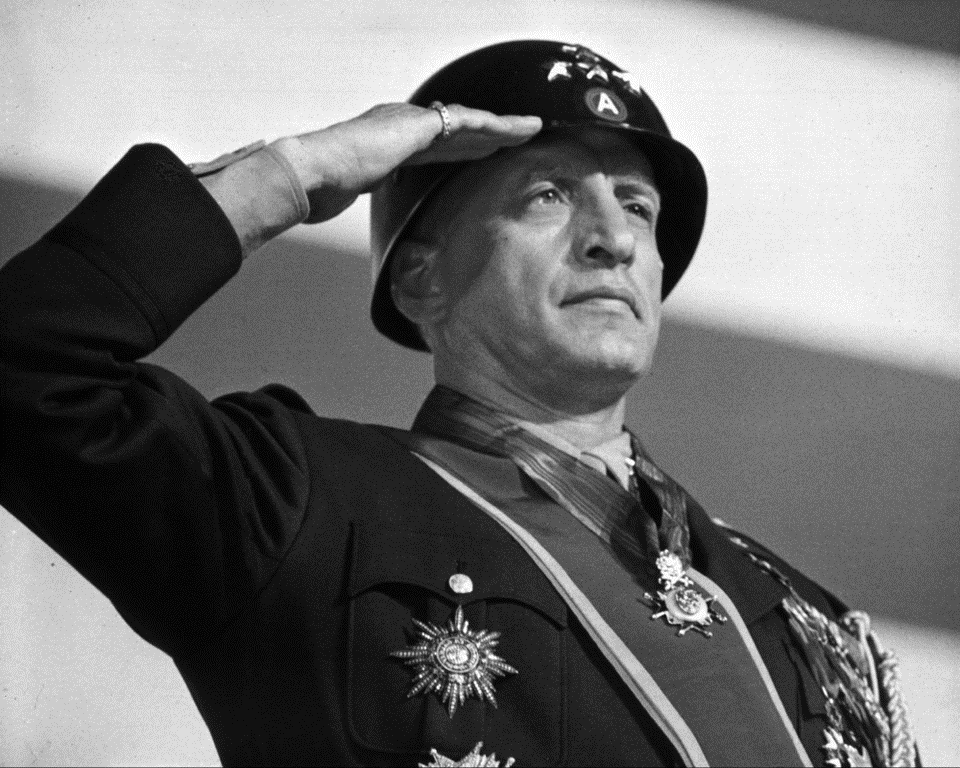
Scott declined the nomination via telegram, calling the Awards “a two-hour meat parade, a public display with contrived suspense for economic reasons.” He added that his withdrawal request was “in no way intended to denigrate my colleagues.”
Scott still won Best Actor that year, and Patton producer Frank McCarthy sheepishly accepted the Award on his behalf. That didn’t wash with Scott, who returned the gong the very next day. Despite all this, he still received a fourth nomination for The Hospital the following year. Luckily for the Academy, he didn’t win.
Marlon Brando
Brando’s iconic performance in The Godfather was a triumphant comeback for the mercurial method actor, who had received five Oscar nominations in the ‘50s and won one for his performance as Terry Malloy in On the Waterfront. But over the next decade, he burned his bridges in Hollywood with his increasingly erratic behaviour and earned a reputation as box office poison with a string of flops including Mutiny on the Bounty. His standing had suffered so badly that Francis Ford Coppola had a hard fight to cast him as Don VIto Corleone, but he stuck to his guns.
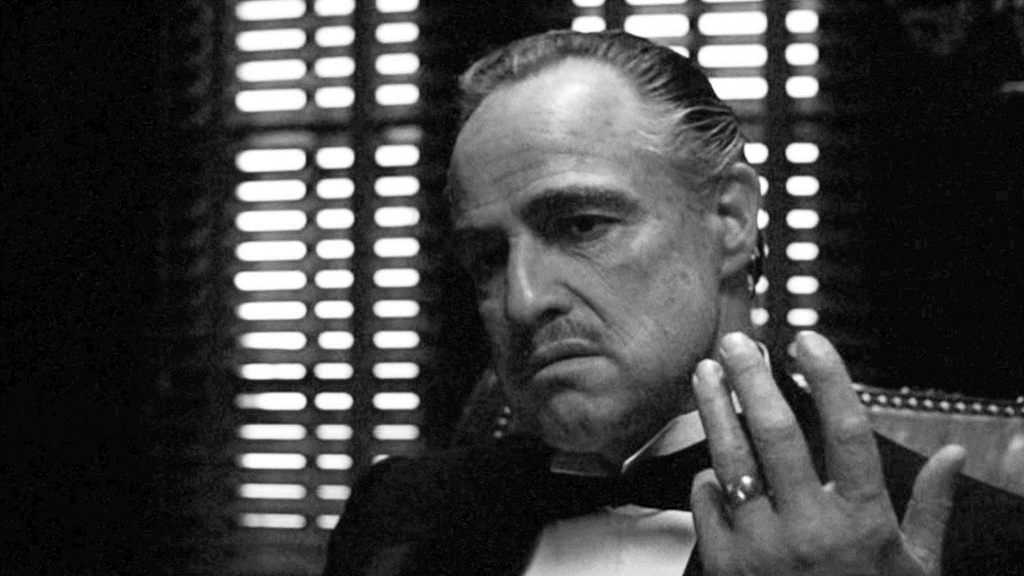
Coppola’s decision was fully vindicated by Brando’s masterful performance, for which he won Best Actor. A moment of glory, you might think, but Brando had other ideas. In typically eccentric fashion, he decided to use the ceremony as a platform for activism, declining the award in protest against the Wounded Knee Massacre and Hollywood’s poor representation of indigenous Americans. To hammer home the point he sent Sacheen Littlefeather, a bit-part actor and model who claimed Apache heritage, to reject the award on his behalf. Dressed in full garb, her appearance wasn’t well-received by the audience at large, and John Wayne was reportedly restrained by six security guards to stop him dragging her from the stage. It was later revealed that Littlefeather had no native ties at all, and was born Maria Louise Cruz to parents of European and Mexican descent.
Despite the fiasco, Brando received two more Oscar nominations: For Best Actor in Bernardo Bertolucci’s controversial Last Tango in Paris, and Supporting Actor in A Dry White Season.
So there you have it, some of the worst Oscar snubs in the long history of the Academy Awards. Which ones were especially bad? Do you have any other controversial examples? Let us know!





Lee Marvin’s drunken slapstick performance over Rod Steiger’s heart wrenching performance in The Pawnbroker